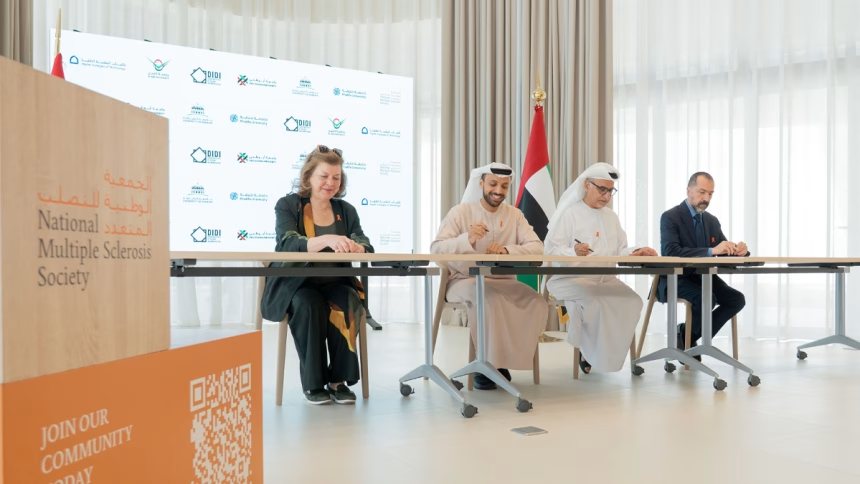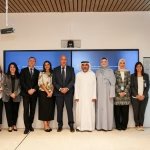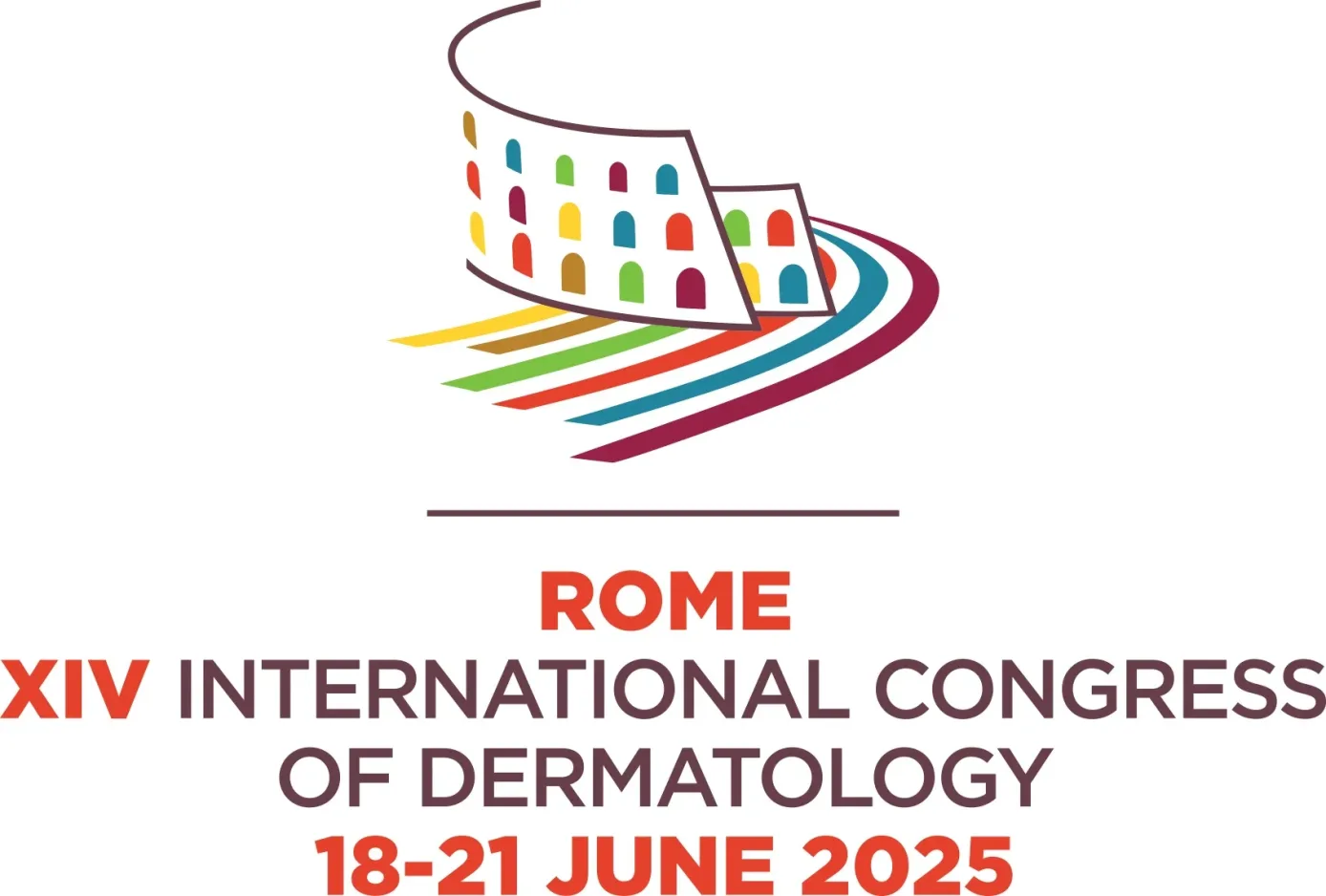Abu Dhabi, 21 April 2025 — The National Multiple Sclerosis Society (NMSS) has signed a Memorandum of Understanding (MoU) with six leading universities across the UAE as part of the Universal Design for Inclusion Program. This landmark agreement formalizes National MS Society’s collaboration with higher education institutions, integrating accessibility-focused learning into university curricula and empowering students to develop innovative solutions that enhance inclusivity.
Designed to raise awareness on cognitive, mobility and communication challenges faced by People of Determination, the program will empower youth to develop innovative, accessibility-focused solutions that address real-world needs.
As one of NMSS’s flagship initiatives, the program aims to educate university students about multiple sclerosis (MS), while equipping them with the knowledge and skills to develop universally accessible and culturally relevant designs – fostering a more inclusive environment where everyone can be an active part of society.
Delivered in partnership with leading universities across the UAE, the Universal Design for Inclusion program provides students with opportunities to explore inclusive design principles through NMSS-led awareness sessions, expert-led workshops, and interactive discussions with inclusive innovators and, most importantly, the end-users—people living with a chronic condition. These immersive, interactive sessions allow students to gain a deeper understanding of the barriers faced by People of Determination, empowering them to develop viable solutions that promote accessibility and inclusion.
His Excellency Ahmed Taleb Al Shamsi, Chief Executive Officer of Emirates Foundation and Vice Chair of the National Multiple Sclerosis Society, said: “Empowering youth to become changemakers is at the heart of this program. The Youth Awareness Program is a crucial step in supporting a new generation of innovators who are committed to designing a more inclusive future. This initiative is about more than awareness; by combining education with practical design challenges, we are empowering students to become advocates for accessibility and equipping them with the skills to create meaningful solutions that improve lives.
“We are especially grateful to the universities and faculty members who have integrated this program into their curriculum. Their commitment has made this initiative possible, ensuring that students engage with accessibility as a core design principle from the outset of their careers. This initiative is about more than awareness; it’s about action. By involving students directly in the creation of solutions, we are nurturing a generation that not only understands accessibility but champions it.”
A first-of-its-kind initiative at this scale in the country, the program is being implemented across six leading universities, spanning 11 campuses, including Abu Dhabi University, University of Sharjah, Dubai Institute of Design and Innovation (DIDI), Khalifa University, Al Ain University, and six Higher Colleges of Technology (HCT) campuses in Abu Dhabi, Al Ain, Dubai, Sharjah, Fujairah, and Ras Al Khaimah. The initiative will involve over 500 students, more than 45 faculty members and industry experts, and host over 15 immersive workshops.
Students began their journey with Empathy Workshops, which offered them firsthand insights into the lived experiences of people with chronic conditions. These immersive sessions allowed participants to experience and understand daily challenges through interactive activities, ensuring that student-led innovations are informed by real-world needs. Subsequent mentorship and educational workshops included industry experts inspiring students with their own solutions, start-ups and successful outcomes. Accessibility advocates and chronic illness ambassadors also played a key role in the program, sharing real-world insights into communication, mobility, and cognitive challenges as end-users.
Students will present their final prototypes to a panel of experts, who will assess their feasibility, functionality, and potential for implementation. Outstanding projects will be recognized through an expert jury award, reinforcing the importance of inclusive, solution-driven design.
The top three winning student teams will be onboarded into the Sharjah Entrepreneurship Center (Sheraa) youth incubation platform, Startup Dojo. This collaboration provides young innovators with mentorship, pitch training, and access to grant disbursement guidance, helping them develop their prototypes into real-world solutions.
Her Excellency Sara Belhaif Al Nuaimi, CEO of Sharjah Entrepreneurship Center (Sheraa), said: “At Sheraa, we’re proud to support the final stage of the Universal Design for Inclusion Program by welcoming the winning teams into our Startup Dojo. This reflects our commitment to empowering youth to turn inclusive ideas into scalable ventures that address real societal needs.”
She added “We believe inclusivity is key to strong, thriving communities. This program provides students valuable insight into real-world challenges and inspires practical solutions for all. At Sheraa, we’re proud to help turn these ideas into reality through mentorship and support—shaping a more inclusive future.”
Sheraa will provide a mentorship session for the winners and runners-up, guiding them through the grant disbursement process, as well as a pitch training session to help them prepare for their final presentations at the September awarding event.
Aligned with the UAE’s national vision for inclusion, the program reinforces the importance of universal design in education, public spaces, and community engagement. By fostering early exposure to accessibility-driven innovation, NMSS aims to cultivate a future where students of all abilities collaborate to design a world that is not just for people of determination but with them.
In keeping with the UAE’s Year of Community slogan, Hand in Hand, the initiative mobilizes key players across the ecosystem – including industry leaders, educators, and community members – to drive inclusive design forward. This collaborative effort embeds accessibility at the core of innovation, ensuring that inclusion is a shared responsibility that strengthens society as a whole.
















